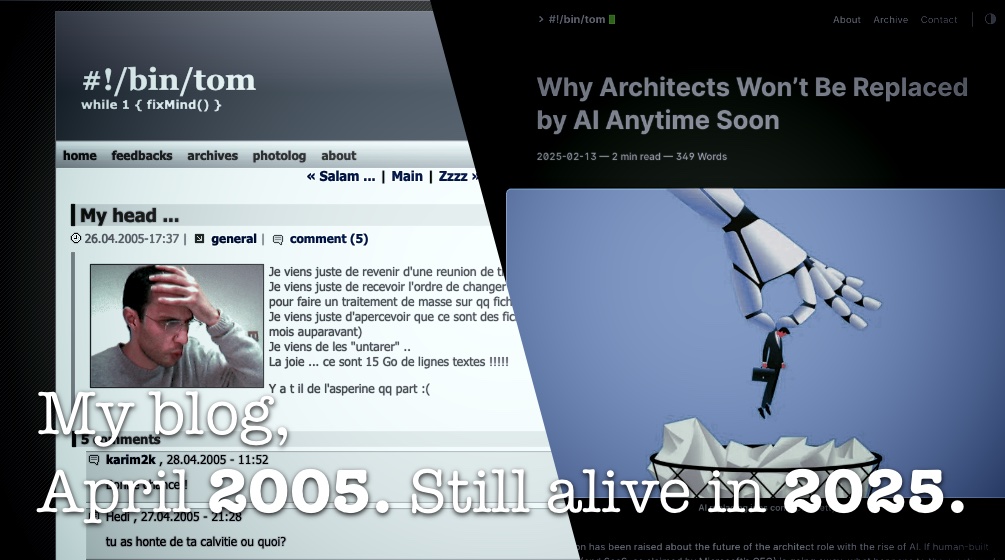AI doesn’t threaten intelligence;
it exposes how little judgement most systems have.
I came across a post from an old colleague, questioning whether intelligence and knowledge still define who we are, now that AI can produce answers faster than we can formulate questions.
The idea itself isn’t new, but something about it stayed with me. Not because of the technology, but because of what it exposes when familiar markers of value stop being rare.
At that point, the discussion shifts. It stops being about machines and becomes a question of where human value actually sits.
This is not a story about AI replacing humans. Rather, it is about value moving away from knowledge and towards something less comfortable.




